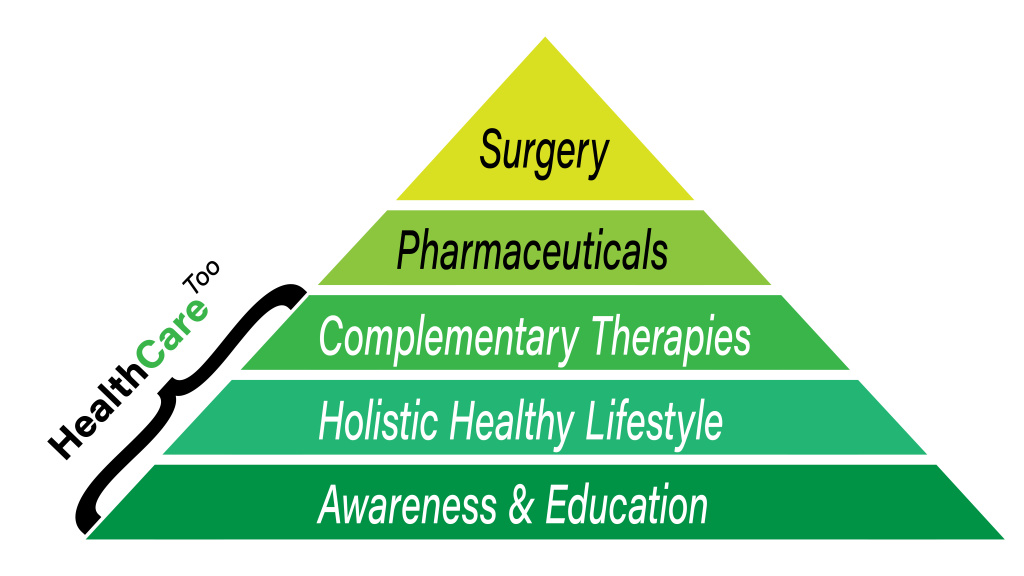Inulin Could Bother Your Stomach
Not only should we treat health more holistically to include body, mind, and spirit but we should think of nutrition more holistically. Obviously, good nutrition is more than calories and even more than nutrition labels. As we continue to look for the single silver bullet for health, attention turns to more and more fiber in the diet. However, as always, there can be too much of a good thing. The fiber booster inulin could bother your stomach. While Americans need more fiber in their diets, we also need to consume that fiber throughout the day with better nutrition choices instead of relying on extra fiber in our diet ice cream.
Fiber is “the new protein,” according to market research firms. But it could also be the new pain in your stomach.
If you’re like most Americans, you’re trying to add more fiber to your diet. That’s a good thing, because the average American gets only half the recommended amount of fiber each day. Manufacturers are responding to consumers’ wishes by adding fiber to a plethora of foods and beverages, including cereals, energy bars, protein supplements, “healthier” cookies, diet ice cream and even bottled water.
One of the most prevalent fiber-boosting ingredients is inulin. Like any fiber, it can cause gas, bloating and abdominal pain if consumed too quickly or in large quantities.
Inulin is a type of prebiotic, a substance that’s used by the microorganisms in your digestive tract and positively influences health. At this point, there is evidence that three prebiotics can provide health benefits: inulin, also referred to as long-chain inulin; fructooligosaccharide (FOS), a short-chain inulin that’s also called oligofructose, and galactooligosaccharide (GOS).
You may also enjoy Why the ‘eat a healthy, balanced diet’ advice is meaningless




